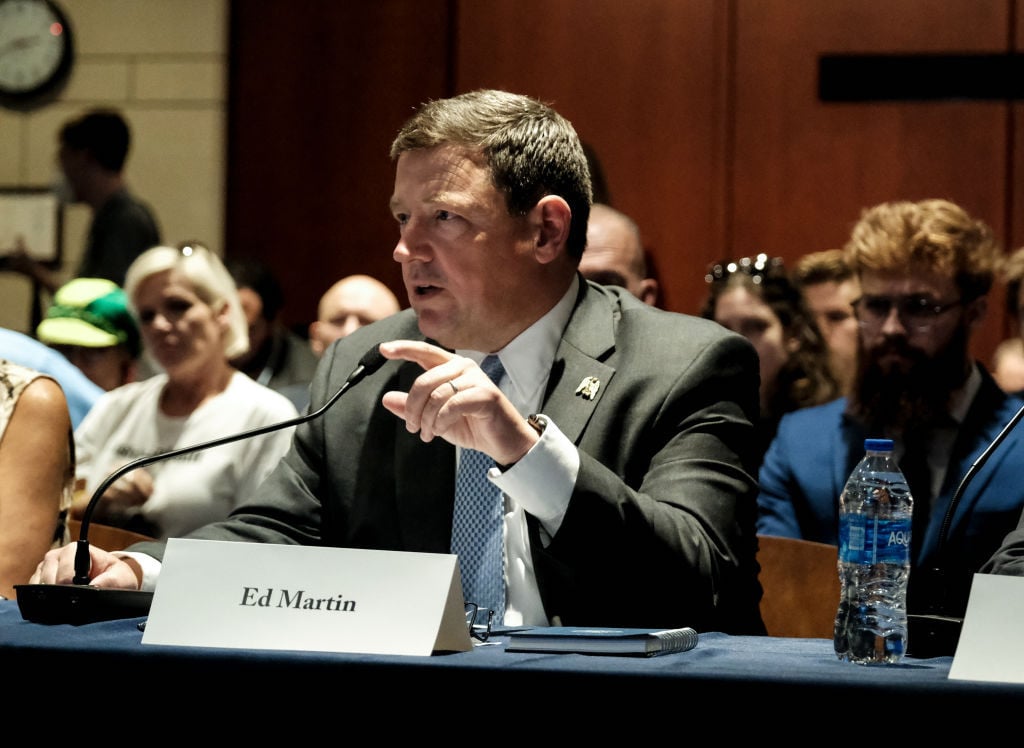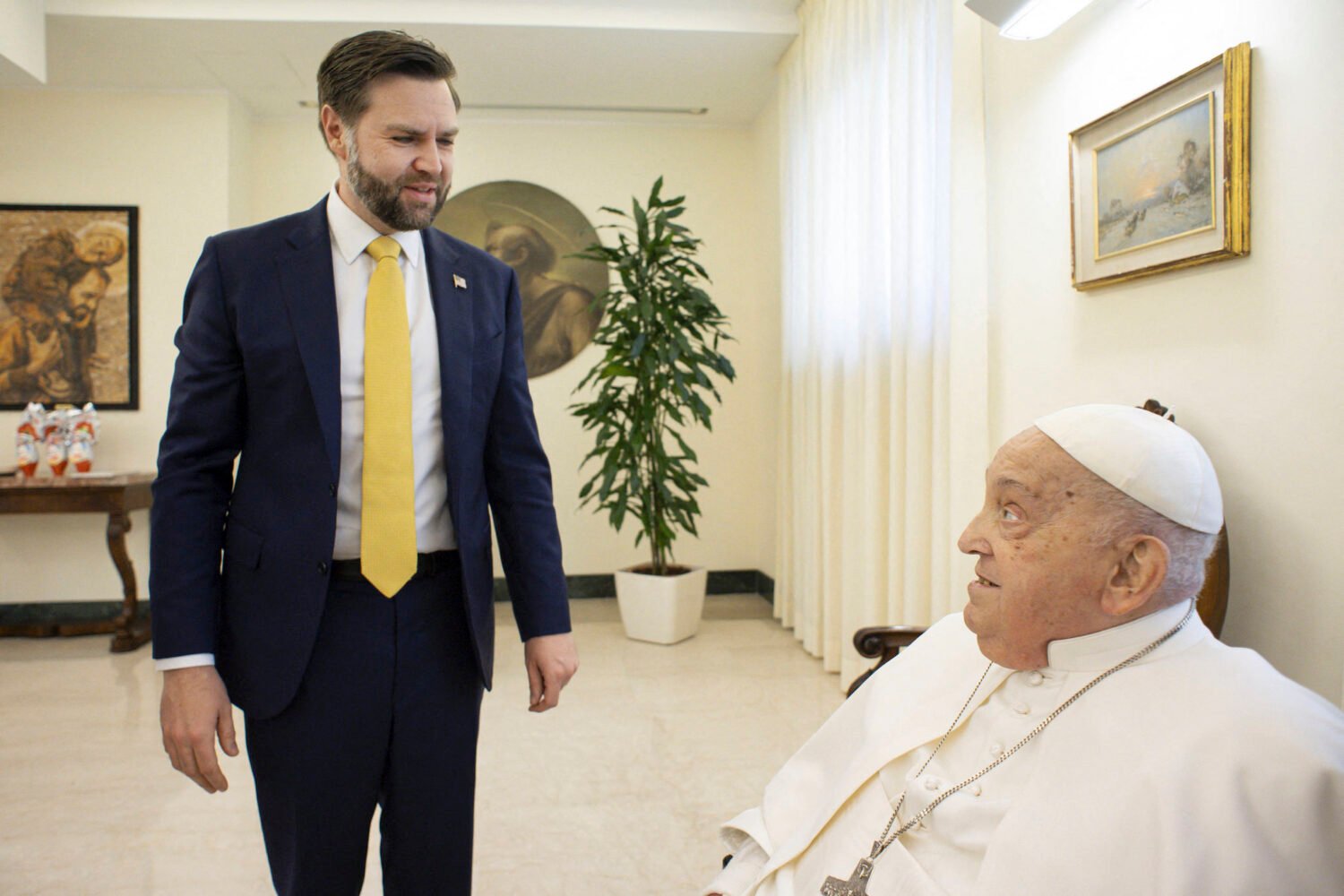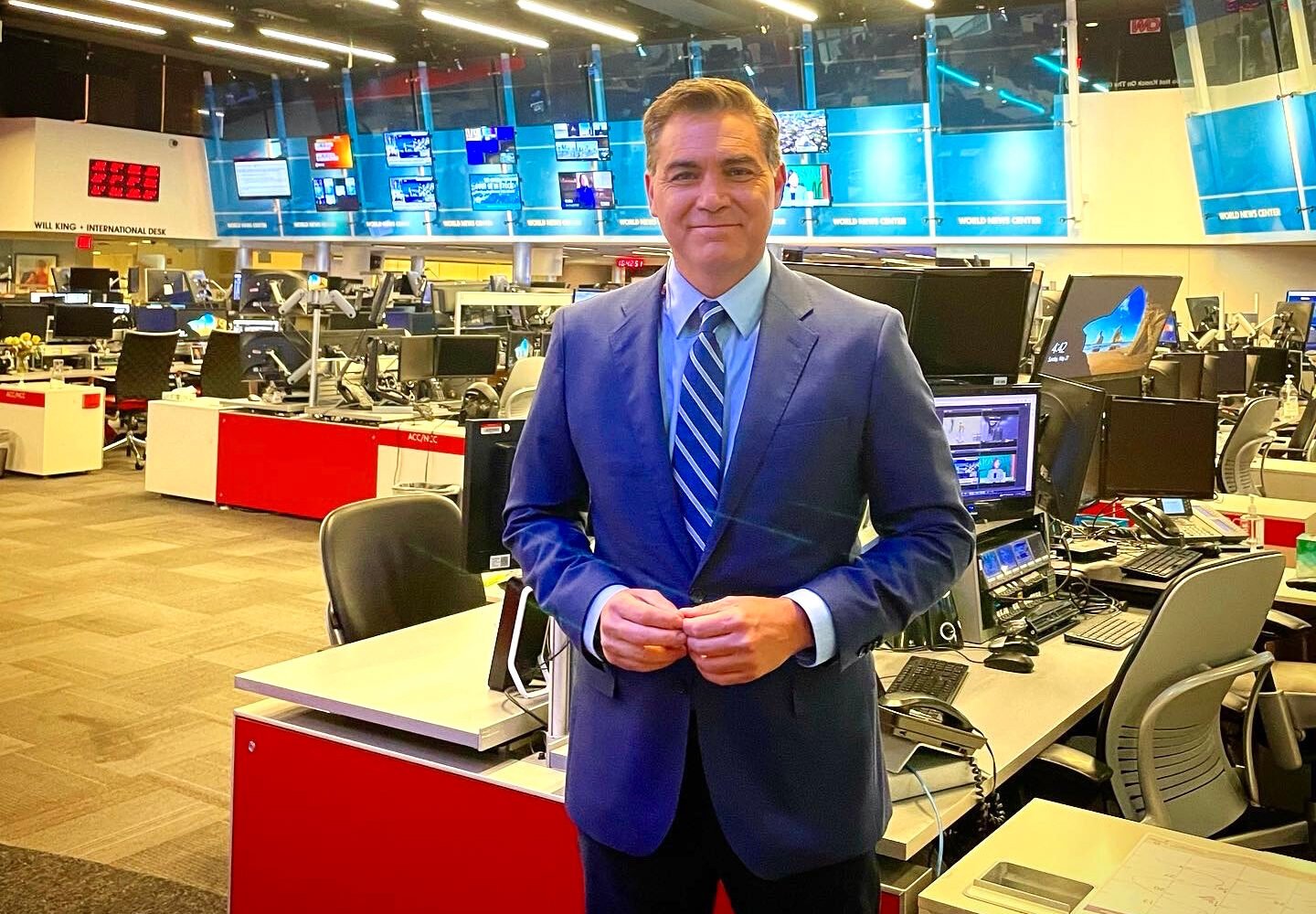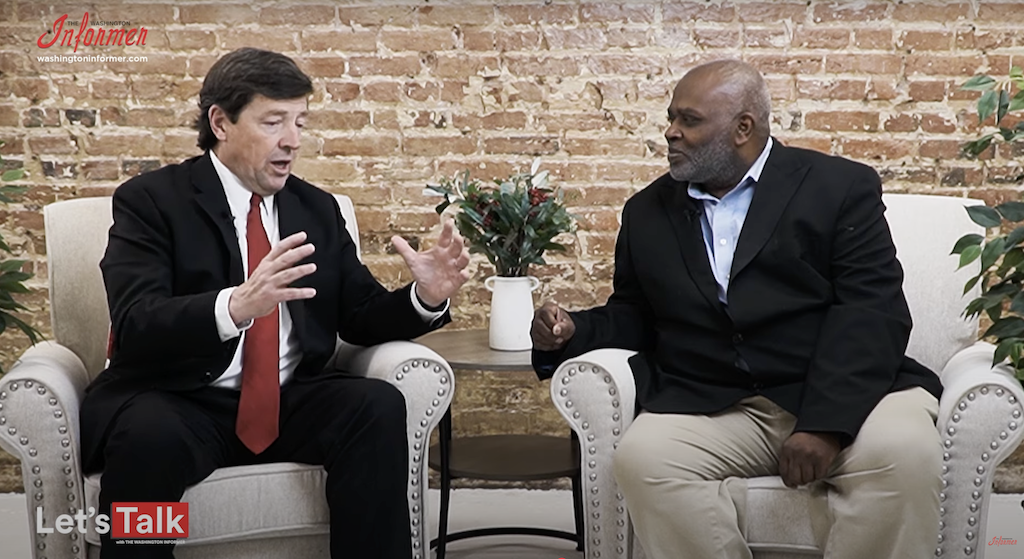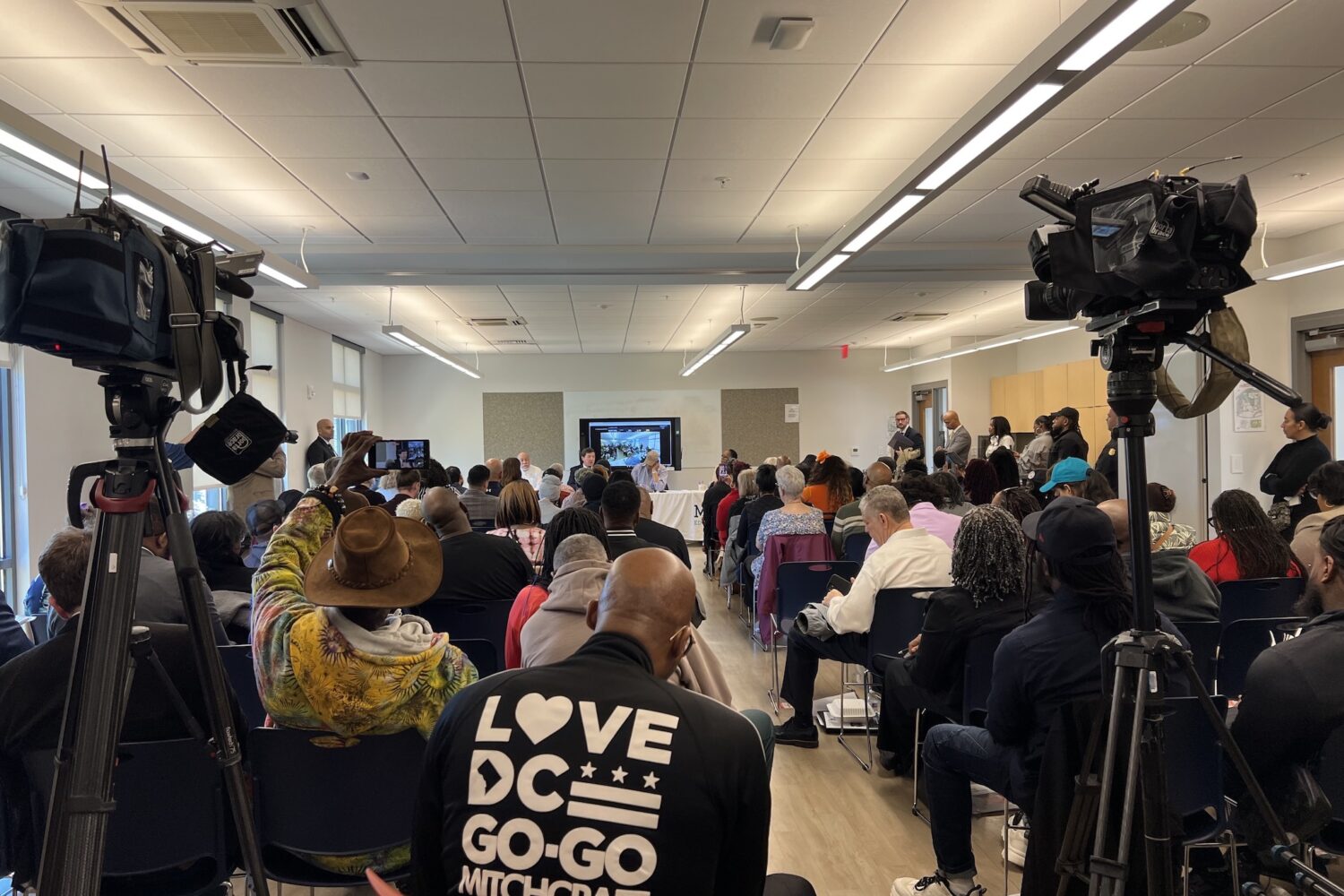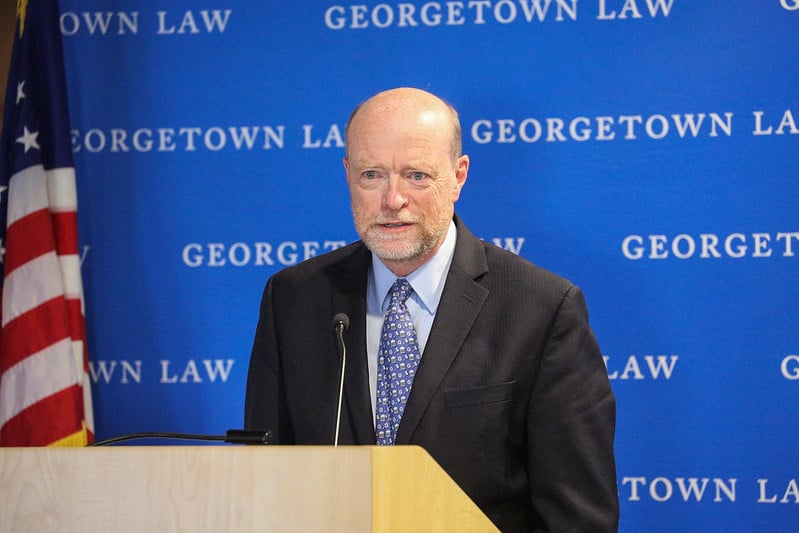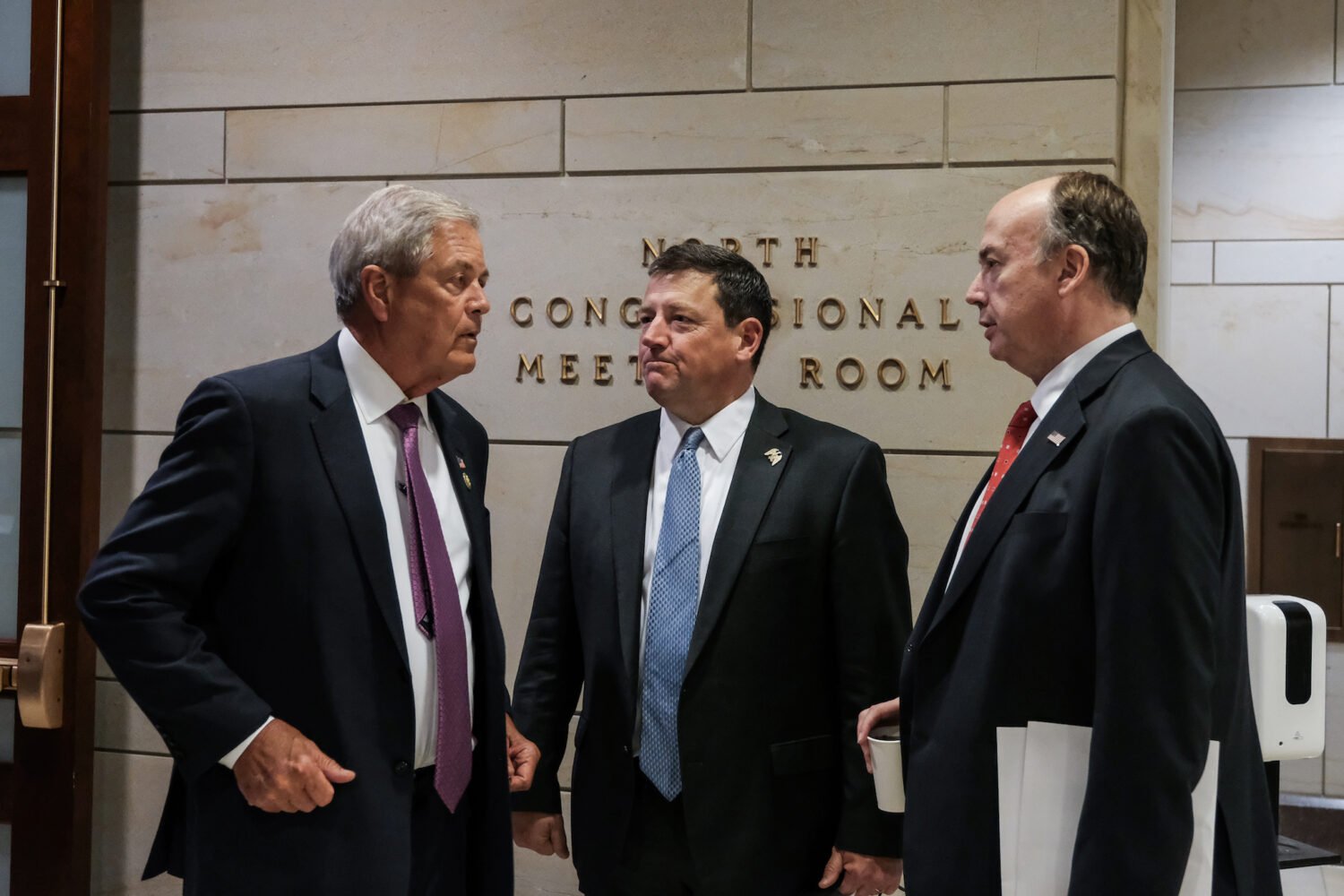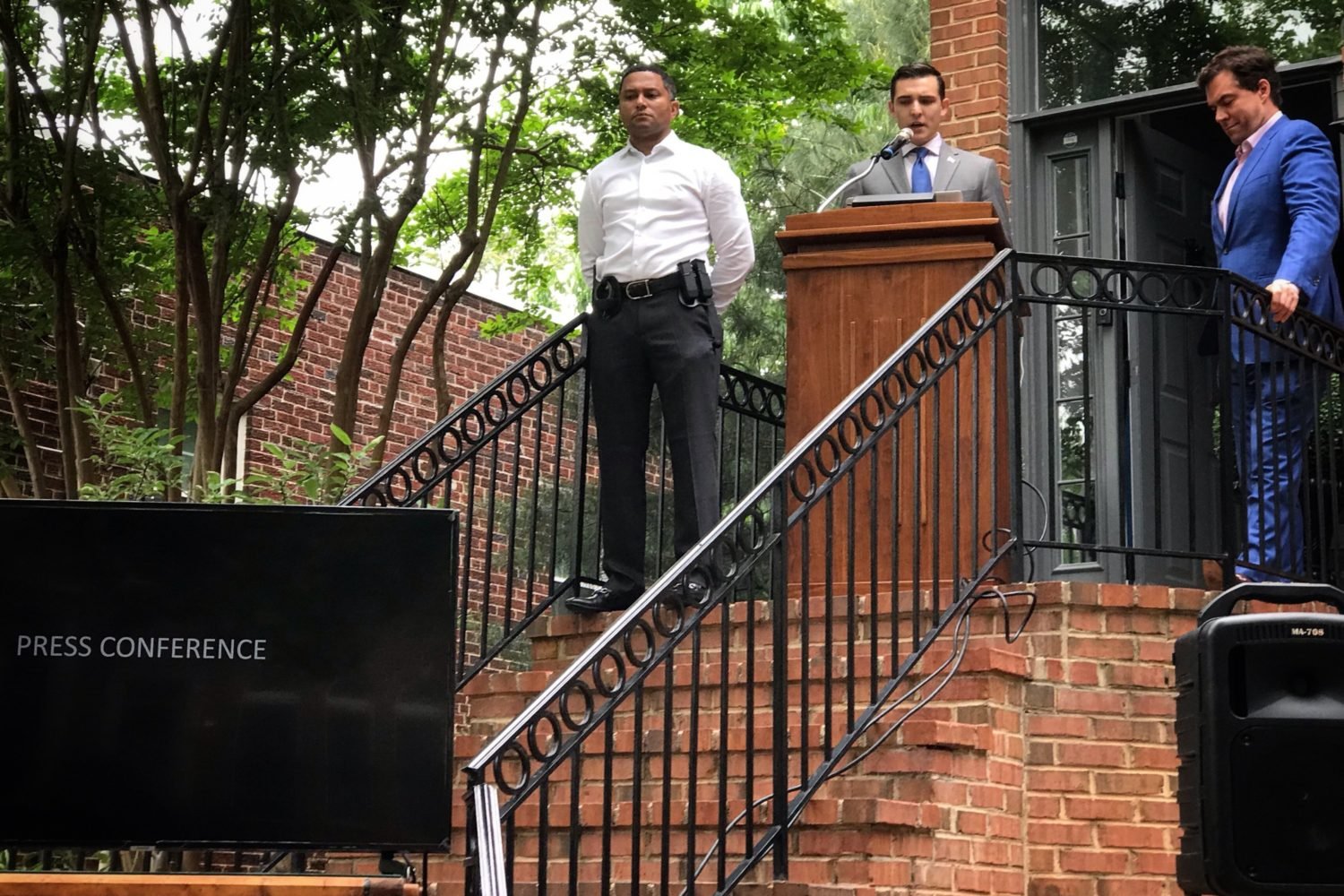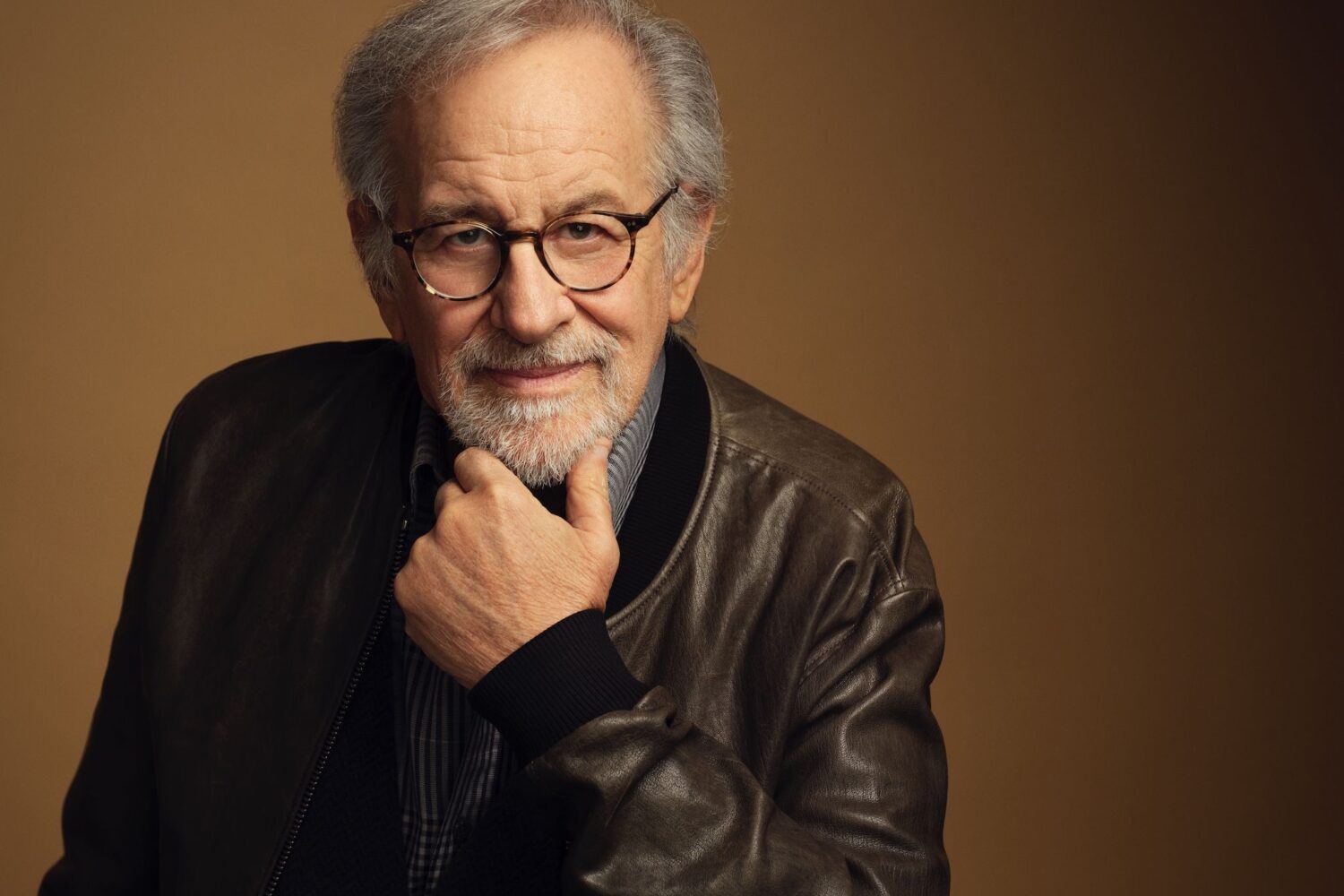The DC Bar’s Office of Disciplinary Counsel will not open an investigation into whether interim US Attorney Ed Martin committed an ethical violation related to his representation of a January 6 rioter, according to a letter written by Hamilton P. Fox, who runs the panel, and obtained by Lawfare Monday morning.
Following President Trump’s sweeping pardons of January 6 rioters on Inauguration Day, Martin signed off on a motion to dismiss the case of convicted rioter Joseph Padilla—a case on which Martin served as defense counsel prior to joining the administration. Jennifer Jensen, an Utah-based insurance agent, argued that Martin’s motion to dismiss constituted a conflict of interest in a complaint she filed with the DC Bar.
In his letter responding to Jensen, dated February 28, Fox concluded that the alleged ethical violation she raised in her complaint did not actually break any Bar rules. Martin’s involvement in dismissing Padilla’s case was “ministerial,” Fox wrote, because Trump had already issued the pardon and thus the US Attorney’s Office could not continue prosecuting January 6 defendants anyway.
“By moving on behalf of the United States to dismiss the prosecution against a defendant, as the pardons required the United States to do, Mr. Martin was not advancing an adverse position to either the defendant or the United States,” Fox wrote.
Since he signed off on Trump’s pardon, Martin has expanded his investigation into the handling of January 6 prosecutions, according to a leaked staffwide email he sent out Friday. The email, first reported by Bloomberg Law, is the latest stitch in the ever-unfurling tapestry of what Martin calls the “1512 Project“—his office’s review of the felony obstruction charge that was leveled against many Capitol rioters before last summer, when the Supreme Court ruled to limit its scope.
In justifying his decision to further examine the application of this obstruction charge, Martin took a valiant plunge into the deep and squally waters of historical precedent and relayed his findings via, um, the following sentiment: “We have contacted lawyers, staff and judges about this — and sought their feedback. One called the bi-partisan rejection of the 1512 charge the ‘greatest failure of legal judgement since FDR and his Attorney General put American citizens of Japanese descent in prison camps — and seized their property.’ I agree and that’s why we continue to look at who ordered the 1512 and why.”
Ann Burroughs is the president and CEO of the Los Angeles-based Japanese American National Museum. In a statement emailed to Washingtonian, she calls Martin’s comparison of the January 6 trials to Japanese-American internment “an egregiously inaccurate and flawed historical analogy.”
Burroughs’ statement continues, “There is no comparison between the treatment received by the January 6 rioters and Japanese Americans who were denied due process when they were forcibly removed from their homes, systematically dispossessed and incarcerated for the duration of the war.”
Martin appears to have toyed with this unusual metaphor for weeks now. At a fundraiser in Florida last month for the Phyllis Schlafly Eagles—a conservative advocacy group that Martin presided over between its namesake’s death in 2016 and his appointment to the Trump administration—Mother Jones reports that he broke out the same zinger in a keynote speech to a crowd dotted with pardoned Capitol rioters. He suggested that Americans will someday see January 6 prosecutions as proportionally reprehensible to Japanese-American internment. “I hope, in not too short a time that the people who did this to so many people over the last four years will similarly—I hope God gives them shame—but I hope that the culture recognizes…that this was a wrong that was done against American citizens,” he said in the rhetorical style of Abigail Breslin.
The 1512 Project, along with the curious philosophy behind its expansion, simmers alongside several other controversies that Martin has sparked throughout his 77-day tenure as interim US Attorney. Last month, he showed face at an Anacostia Coordinating Council meeting, where you might remember him getting eaten up by Cora Masters Barry for failing to consider the input of DC communities in his crime reduction plans. Like clockwork, a Washington Post investigation published Monday found that all 18 people charged in connection with his federal gun possession crackdown so far are Black men—a concern that Ward 8 residents raised with him directly at that meeting last month. Another recent Post investigation, based on Martin’s responses to a Senate Judiciary Committee questionnaire administered upon his nomination as interim US Attorney, found that he had been providing both public support and legal counsel to far-right European political figures in recent years.
Martin has also made a personal project of Trump’s anti-diversity, equity, and inclusion policies: Early last month, he wrote an email—which was leaked, of course—to William Treanor, the dean of Georgetown University’s law school, in which he vowed that the US Attorney’s office will refuse to hire any student “affiliated with a law school or university that continues to teach and utilize DEI.” That threat fell pretty flat against Treanor’s comeback, which referenced a little constitutional right called the First Amendment, but regardless, the Department of Education is investigating more than 50 universities for “race-based preferences” in admissions; most of these probes target schools that have partnered with the PhD Project, a nonprofit group that aims to help students from underrepresented backgrounds earn business degrees.
In response to Martin’s latest headline-making effort—you know, to recast the treatment of now-pardoned January 6 defendants as no different from the plight of detained Japanese-American citizens during World War II—Burroughs’ statement concludes, “Now more than ever, the lessons from the Japanese American incarceration must never be forgotten, ignored, minimized, or erased. As long as diversity, individual dignity, and social justice continue to be undermined, they will continue to be urgent and relevant today.”

